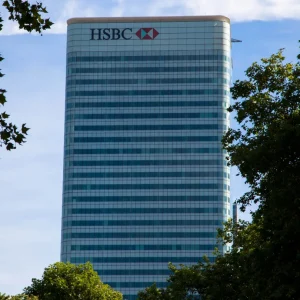
Analysing the full-year results of the five biggest UK-based banks including RBS, Lloyds, HSBC, Barclays and Standard Chartered , the report ‘A Paradox of Forces’ noted that they are required to tackle a low return on equity as they head towards their separate ways.
According to KPMG, the rise in profits was against a backdrop of decline in total income by 12%, or £18bn to £127.2bn.
Total loan impairment costs fell by 72%, or £13.5bn to £5.2bn due to strengthening economic conditions.
Further the report highlighted that costs have totalled £38.7bn, over 60% of their cumulative profits since 2011, due to which customer remediation, conduct failings and fines continue to be a major issue.
In 2014, conduct costs stood at £9.9bn, a decline of 8% from 2013, and almost half of the cost related to the ongoing cost of payment protection insurance and interest rate hedging.
As the UK banks are still not covering their cost of capital, sources say, this will bring about an unsustainable position in the long-term.
None of the five British banks that were surveyed achieved a return on equity of more than 8%, compared with an average 11.6% in 2009, the report noted.
KPMG EMA head of financial services Bill Michael said: "Banks are undergoing a once-in-a-lifetime change, as they face evolving regulation, technology and society’s expectations.
"At the same time, competition is increasing as new challenger banks and peer-to-peer platforms offer customers new ways to borrow and deposit and technology-led services such as PayPal and e-wallets change the way money is transferred and goods and services paid for."
KPMG head of banking audit Pamela McIntyre said: "The banks are in a period of transition as they adapt their business plans to respond to the shifting regulatory landscape.
"Banks have reshaped their balance sheets and are on course to meet their targets for capital, leverage and liquidity."
Image: KPMG headquarters at 1 Laan van Langerhuize, Amstelveen, the Netherlands. Photo: courtesy of DennisM






